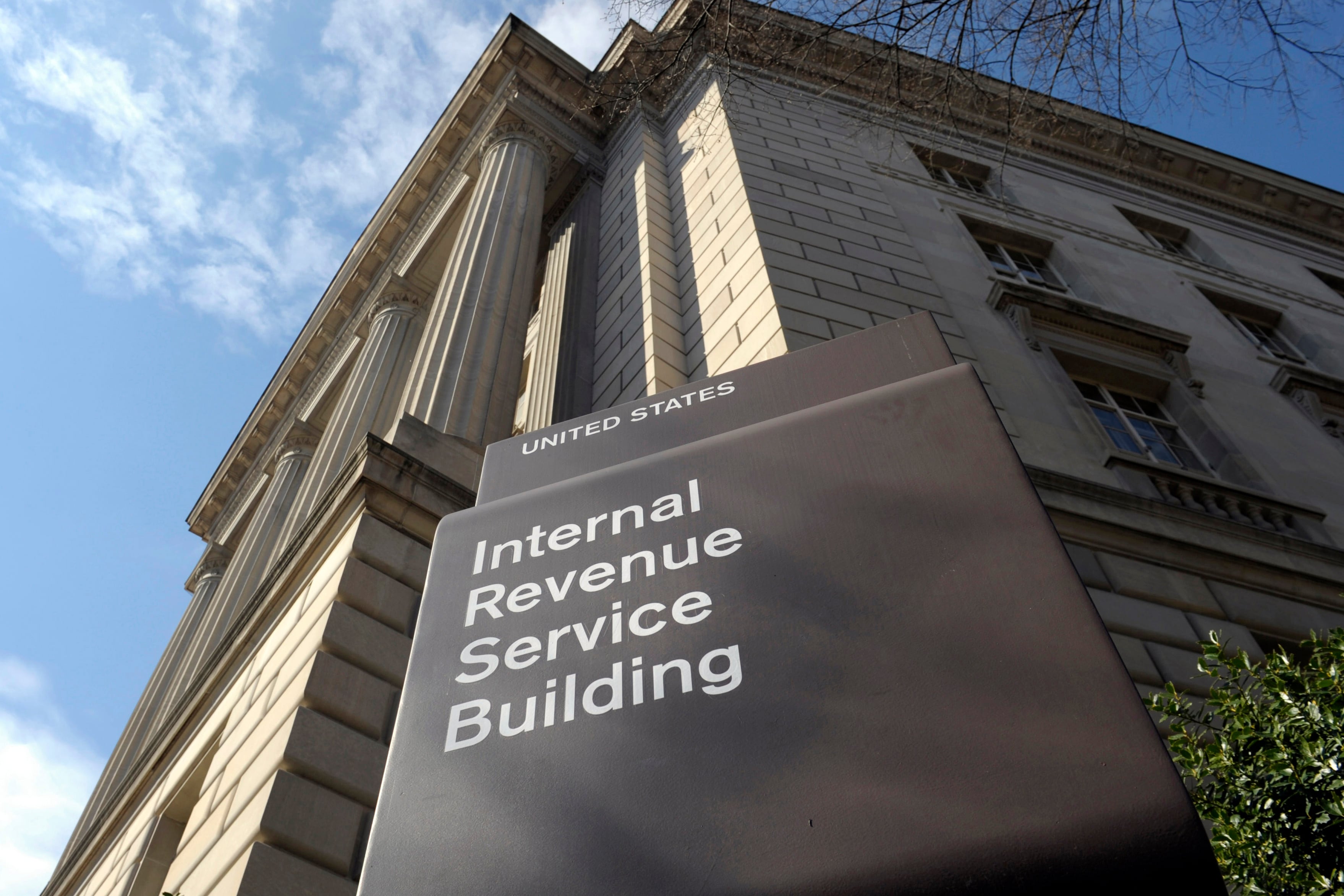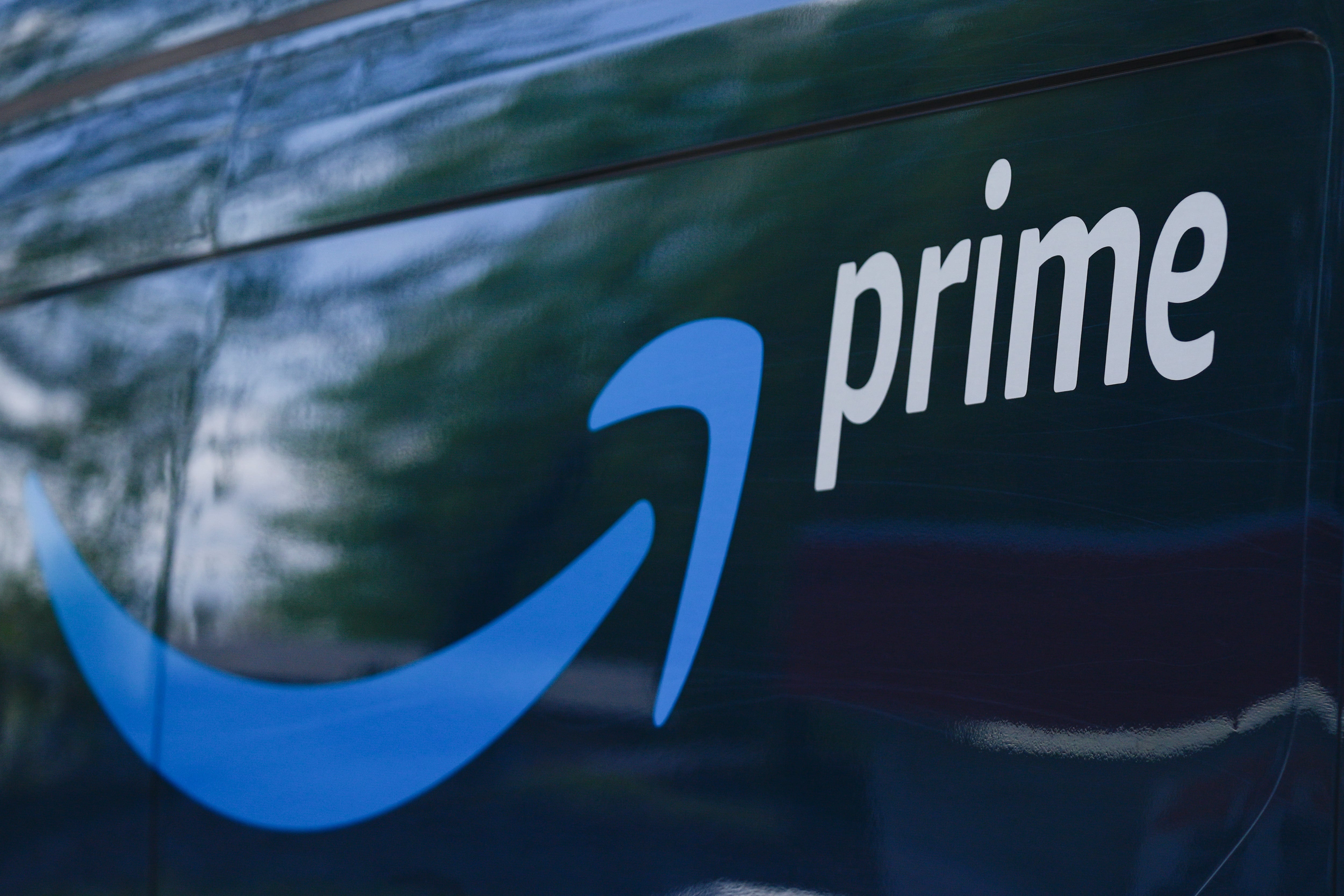By Geoff Mulvihill
Purdue Pharma pleaded guilty Tuesday to three criminal charges, formally admitting its role in an opioid epidemic that has contributed to hundreds of thousands of deaths over the past two decades.
In a virtual hearing with a federal judge in Newark, New Jersey, the OxyContin maker admitted impeding the U.S. Drug Enforcement Administration's efforts to combat the addiction crisis. Purdue acknowledged that it had not maintained an effective program to prevent prescription drugs from being diverted to the black market, even though it had told the DEA it did have such a program, and that it provided misleading information to the agency as a way to boost company manufacturing quotas.
It also admitted paying doctors through a speakers program to induce them to write more prescriptions for its painkillers.
The guilty pleas were entered by Purdue board chairperson Steve Miller on behalf of the company. They were part of a criminal and civil settlement announced last month between the Stamford, Connecticut-based company and the Justice Department.
The deal includes $8.3 billion in penalties and forfeitures, but the company is on the hook for a direct payment to the federal government of only a fraction of that, $225 million. It would pay the smaller amount as long as it executes a settlement moving through federal bankruptcy court with state and local governments and other entities suing it over the toll of the opioid epidemic.
Members of the wealthy Sackler family who own the company have also agreed to pay $225 million to the federal government to settle civil claims. No criminal charges have been filed against family members, although their deal leaves open the possibility of that in the future.
Purdue's plea to federal crimes provides only minor comfort for advocates who want to see harsher penalties for the OxyContin maker and its owners. The ongoing drug overdose crisis, which appears to be growing worse during the coronavirus pandemic, has contributed to the deaths of more than 470,000 Americans over the past two decades, most of those from legal and illicit opioids.
The attorneys general for about half the states opposed the federal settlement, as well as the company’s proposed settlement in bankruptcy court. In the bankruptcy case, Purdue has proposed transforming into a public benefit corporation with its proceeds going to help address the opioid crisis.
The attorneys general and some activists are upset that despite the Sacklers giving up control of the company, the family remains wealthy and its members will not face prison or other individual penalties.
The activists say there’s no difference between the actions of the company and its owners, who also controlled Purdue's board until the past few years.













